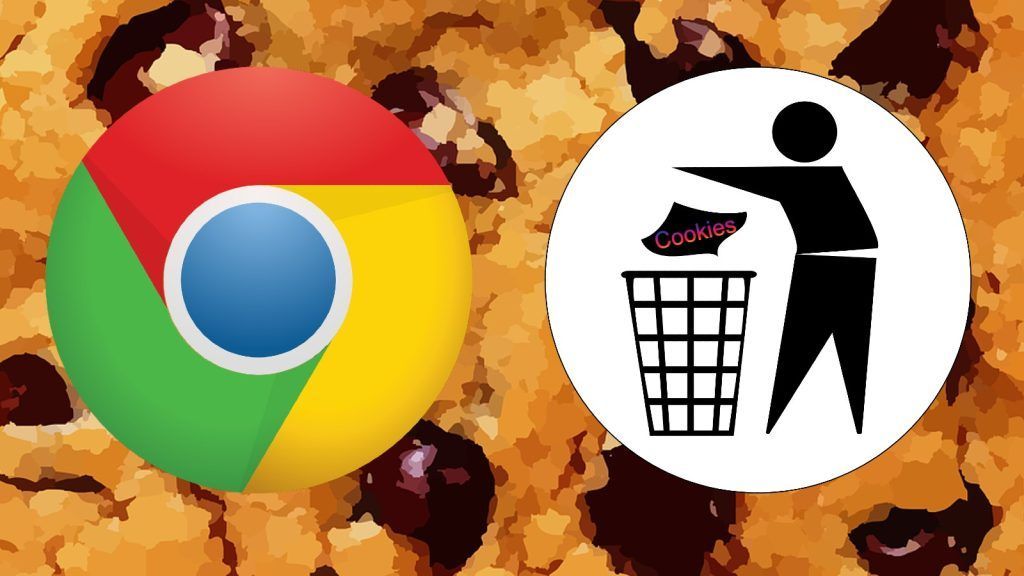Chrome ‘C-day’: Adtechs on Google’s cookie switch-off

Global tech giant Google today starts turning off internet cookies for some users of its Chrome search engine, marking the end of an era in web tracking.
Although only 1% of Chrome users are likely to be affected it still represents a chunky 30 million people around the world, and sets new boundaries for brands and advertisers in the digital world.
It’s been a long time coming, and brands, adtechs and advertisers will all need to innovate in new ways.
So we asked our adtech leaders for their reaction to what ‘C-day’ really means for everyone…
Suzanna Chaplin, CEO, esbconnect
“The imminent death of third-party cookies in Chrome has been coming for a long time, bringing with it a reduced ability on the part of marketers to adopt data-driven approaches and deliver performance in the way they once did.
“Many brands have already re-evaluated their channel investment decisions, which is why email has gained traction as they’ve hunted for replacement solutions.
“An email address is a passport to the internet, allowing brands to reach a user online, irrespective of their device or platform, knowing it ties back to an individual, not a cookie or device.
“Email is becoming a central ID that can be harnessed across online and offline channels, which makes it a powerful first-party tool for lead generation, data and insights, providing segmentation and targeting without the need for cookies, but with privacy and consent built in.
“That’s why email is the bedrock of multichannel marketing today, and why the beginning of the end of cookies is nothing for marketers to fear.”
Larraine Criss, COO, Preciso
“We estimate that 60 to 70% of the market is ready for the cookie armageddon. It’s not like we haven’t had any warning from Google, and the industry has been planning and testing for some time around what to do when cookies are phased out.
“At Preciso, our current approach regarding the demise of cookies is to take a neutral stance and work with clients however they prefer.
“We support them if they wish to continue using third-party cookies until this is not an option. But for those who prefer to start working exclusively with first-party data, we are ready for that too.
“We already offer server-to-server tracking to support them. By adopting this approach, the tracking tool doesn’t collect data directly from the user’s browser but is passed instead from another server. In doing so, it avoids the use of cookies.
“As cookies disappear, we are seeing buyers and sellers having to work closer together, which is a good thing. As some of the complexities in delivering programmatic campaigns are caused by too many parties involved in the process, streamlining is a positive.“
Sean Adams, CMO, Brand Metrics
“Well, the moment we never thought would arrive has finally come: The beginning of the end of the third-party cookie.
“Although only 1% of Google Chrome users will be affected initially, by the end of the year all Chrome users will exist in the same cookie-free state.
“Famously, Google has been signalling the end of the cookie for (literally) years, yet, unbelievably, it looks like many in the digital advertising world will have been caught short in their preparations for the cull.
“It is hard to tell why that is, but a general confusion surrounding effective tracking alternatives seems a popular excuse.
“The privacy sandbox offers potential solutions to advertisers looking for campaign measurement solutions beyond the third-party cookie, but other privacy-centric solutions are likely to come to the surface also.
“Having been developed in a GDPR world, Brand Metrics has been focused on measuring campaign effect via methods such as first-party cookies and logged in users since 2018 and have thus built up valuable learnings ahead of the post cookie world.”
Simon Reed, CRO, Multilocal
“The great shift to privacy as standard is evolving data collection and activation, as well as the demise of the cookie, it is an opportunity for advertisers and ad technology to do more and better.
“Whilst there are complications which come from change, there is huge potential for the proper use and monetisation of data to add value to publishers, brands, and consumers.
“There is a focus on Google as they have the lion’s share of advertising dollar, however there has been for some time, online environments devoid of cookies e.g. Apple, Safari etc, which have paved the way for testing new data methodologies and strategies.
“Curation provides a deliberate way of maximising the effectiveness of consented data, delivering audience signals via a pmp to reduce leakage, thus benefiting advertisers and their customers.
“The application of data on the supply side generates scale, delivering more of the audiences’ advertisers want, and offers an easy way of transcending data providers and IDs, which have varying methodologies, to find the best route to those audiences.
“There is vast opportunity for advertisers and adtech to grasp change and develop new models to maximise addressability, outside of Google’s potential self-serving solution and beyond their walls.”
Elliot Hill, CMO, VeraViews
“It’s an unfortunate truth, but crime is rife across the world of programmatic advertising. In fact, VeraView believes that ad fraud is going to be a $100 billion global problem by as soon as 2025.
“As with many elements of the advertising ecosystem the cookie, which Google has finally begun to phase out, is also susceptible to criminal activity. Cookie stuffing, as it’s elegantly known, is used by fraudulent affiliate marketers to say they have sent traffic to a website when the opposite is true.
“As an advertising solution built on the open ledger, VeraViews exists to counter this kind of behaviour by offering ad fraud prevention through a proprietary technology called proof of view (POV), which is based on the blockchain.
“Our solution stores an advertising campaign’s performance data (viewability, IP addresses and a host of other metrics) on the open ledger, which is tamper-proof and privacy-safe.
Also published in: Mediashotz



